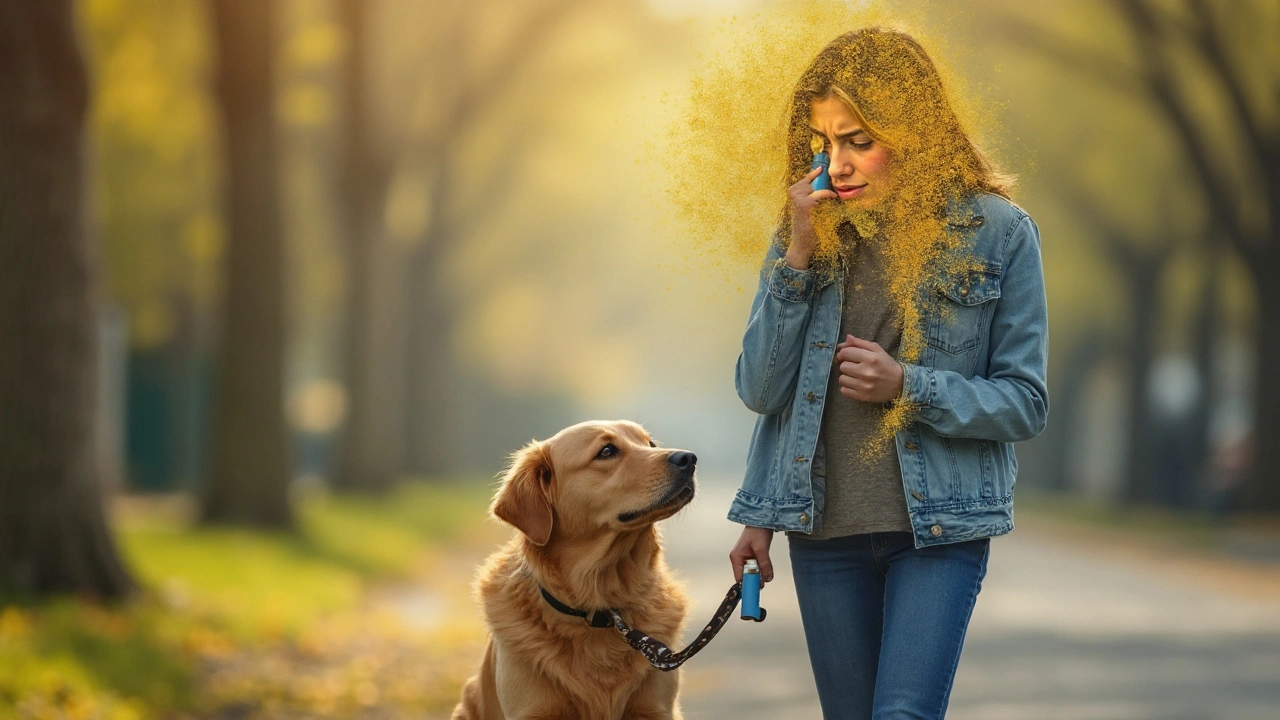Allergic Conjunctivitis – Quick Guide to What It Is and How to Fix It
If your eyes feel itchy, red, and watery after being outdoors, you’re probably dealing with allergic conjunctivitis. It’s the eye’s version of a seasonal allergy and can happen any time you’re exposed to pollen, pet dander, dust, or smoke. The good news is that most cases are mild and can be handled at home with a few simple steps.
What Triggers Allergic Conjunctivitis?
Everything that makes your nose sneeze can also irritate your eyes. Common triggers include:
- Pollen from trees, grass, or weeds – especially in spring and fall.
- Pet dander – even a short visit to a cat‑friendly home can set off symptoms.
- Dust mites – they hide in bedding and upholstery.
- Smoke – from cigarettes, fireplaces, or outdoor grills.
- Certain eye makeup or contact lens solutions that contain preservatives.
When these allergens touch the thin membrane covering the white part of your eye, the body releases histamine. Histamine makes the tiny blood vessels swell, causing redness, and it also tells nerve endings to itch. That’s why your eyes feel like they’re burning and you can’t stop rubbing them.
How to Relieve the Symptoms Quickly
First, avoid rubbing your eyes – it just makes the inflammation worse. Instead, try these fast‑acting tricks:
- Cold compress: Soak a clean cloth in cold water, wring it out, and place it over closed eyes for a few minutes. The cold reduces swelling and soothes itching.
- Artificial tears: Over‑the‑counter drops (look for preservative‑free options) wash away allergens and keep the eye surface moist.
- Antihistamine eye drops: These target the histamine reaction directly. They’re safe for most people and start working within minutes.
- Oral antihistamines: If your eyes are part of a bigger allergy attack (sneezing, runny nose), an oral tablet can help calm everything down.
- Keep windows closed: During high pollen days, stay indoors with the air conditioner on. A HEPA filter can trap particles that would otherwise irritate your eyes.
If symptoms linger for more than a week, get more than just a quick fix. A pharmacist can recommend stronger prescription drops, and a doctor can check for other eye problems that might look similar, like infections.
Prevention is half the battle. Wash your hands and face after being outside, change your pillowcases weekly, and clean your home with a damp cloth to reduce dust. For pet owners, keep pets out of the bedroom and use air purifiers.
In most cases, allergic conjunctivitis clears up on its own once the allergen exposure drops. But knowing these simple steps lets you stay comfortable and keep your eyes clear when the season changes.
Allergic Conjunctivitis and Asthma: The One-Airway Link and How to Take Control
Itchy eyes and wheeze are often the same allergy story. See how eye allergies and asthma connect, what raises risk, and a simple plan to prevent flare-ups.
